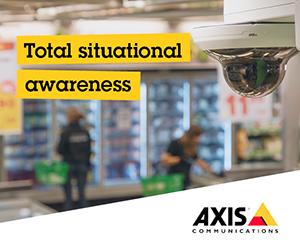INTERVIEWS
The Contamination Error
Have you ever considered the importance of withholding evidence during your investigative interview? The term “withholding” really means keeping the information within the investigative resources. By not releasing that information to your subject, it gives you several advantages in the conversation.
First, your subject does not know exactly what you know. This sometimes leads them to acknowledge more details of issues that you were previously unaware of. If you show them a video of them taking money from the till, they might admit to that one instance, but not to the five other times they’ve committed the same offence.
Another benefit of withholding a key piece of evidence is your subject can provide specific details about the incident without you prompting them with information. This helps you substantiate the information and details they provide.
They offer you information that only those persons involved would know and it helps you understand if they are being truthful. This also helps you validate the rest of the story that they provide. By providing details you might be influencing their memory or even tainting the facts of the case; the contamination error.
Often, interviewers feel frustrated and want to present the subject with evidence in order to get through resistance, hoping your subject will be honest. Be patient and challenge yourself to withhold evidence or at the very least, make it a gradual release.






